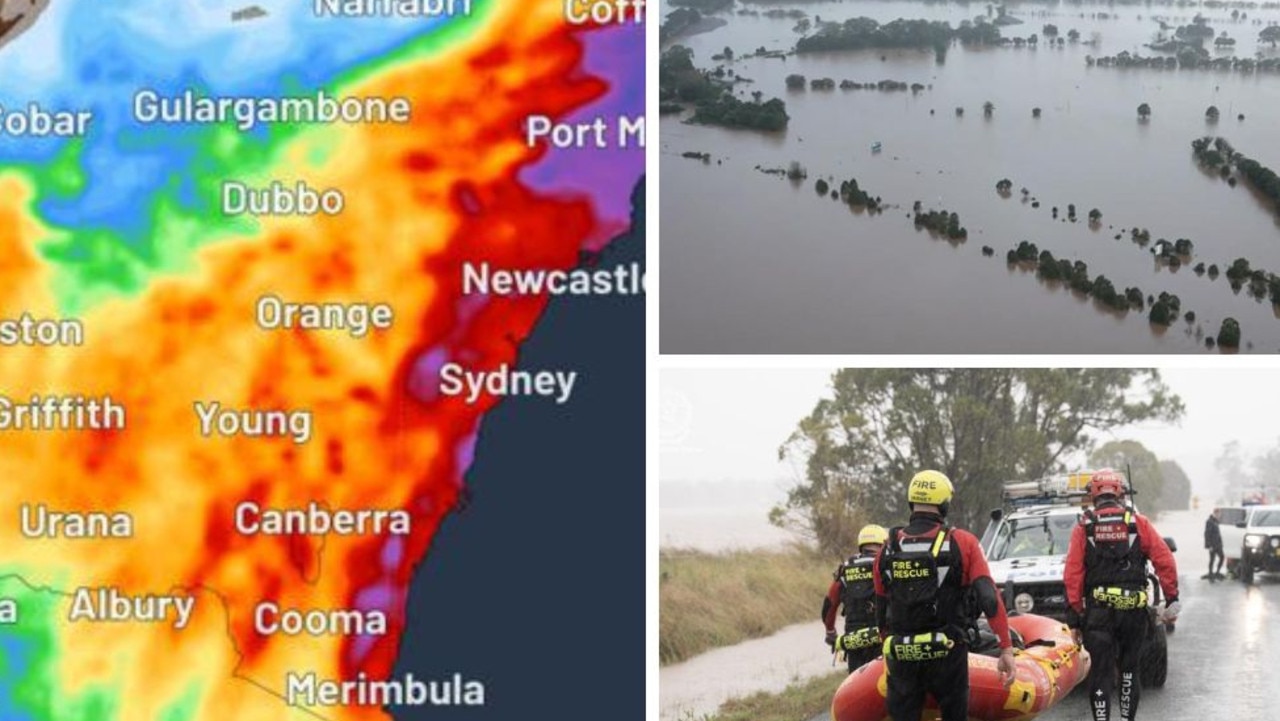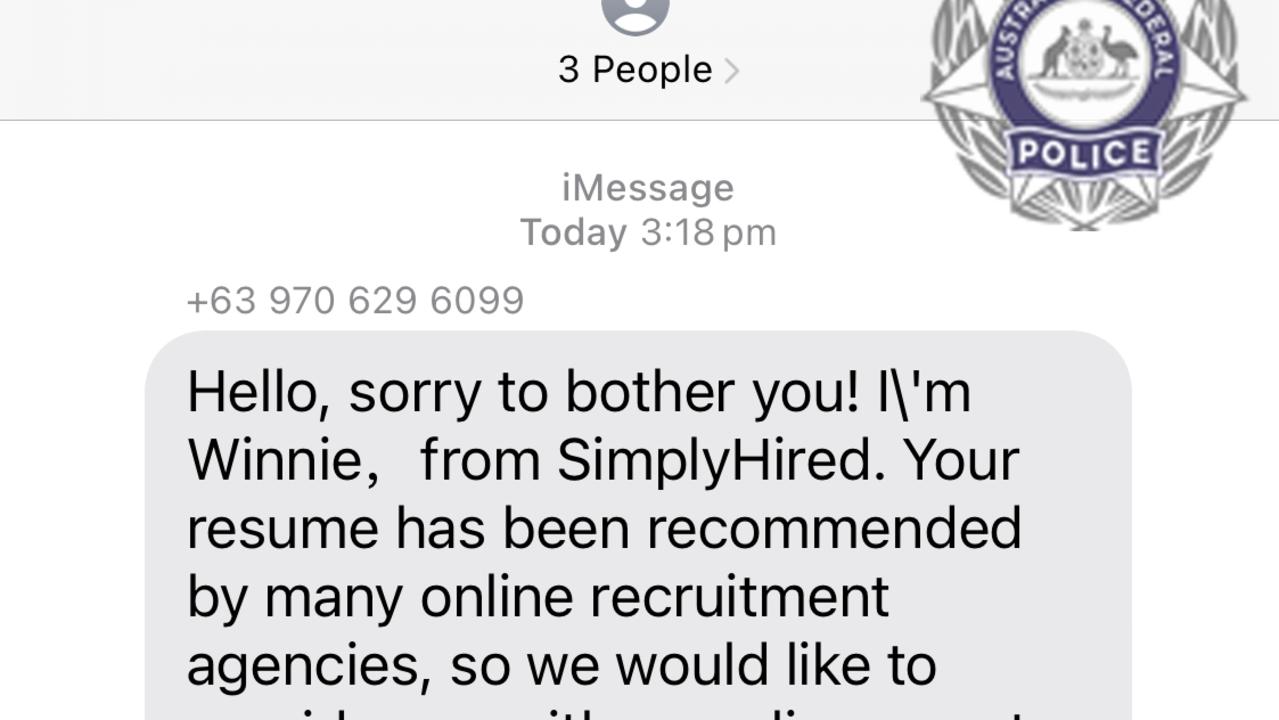‘Struggled to recognise me’: ABC host tricked by reporter’s ‘convincing’ deepfake
ABC 7.30 host Sarah Ferguson struggled to recognise her own colleague from his artificial intelligence-generated doppelganger live on air.
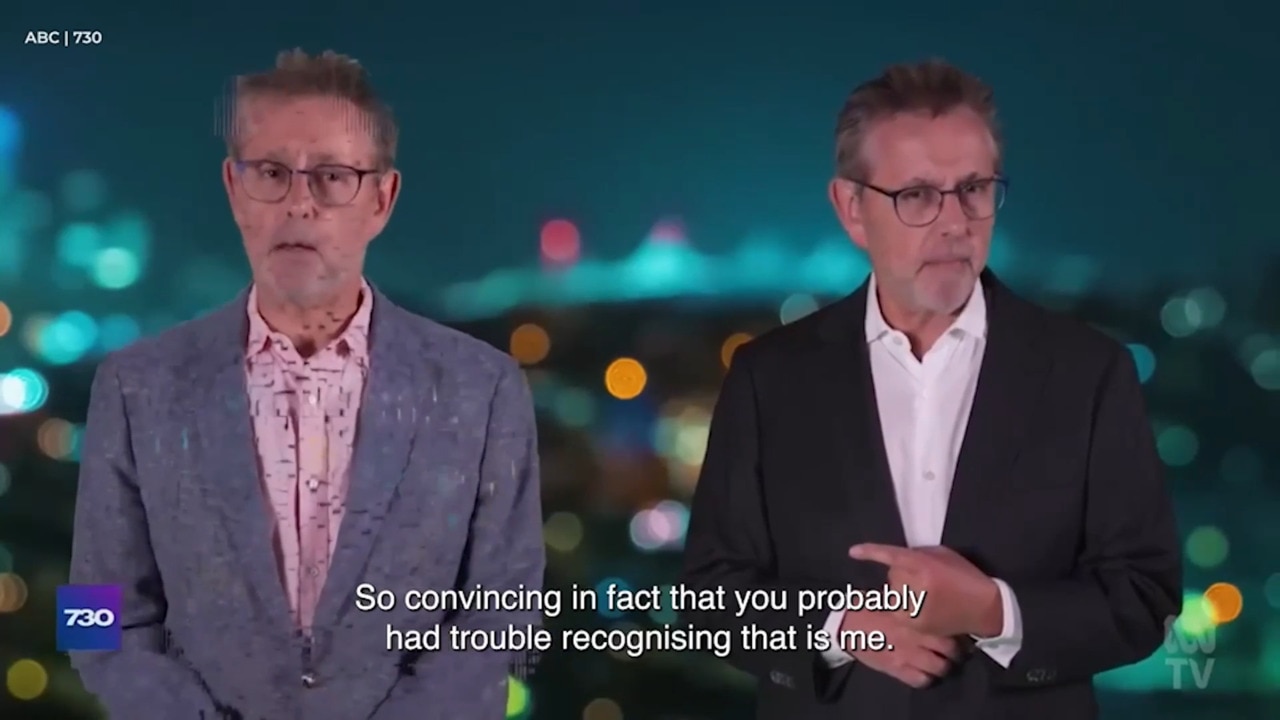
ABC 730 host Sarah Ferguson struggled to pick her own colleague from his artificial intelligence-generated doppelganger live on air.
During a segment on Thursday night, Ferguson crossed to Dr Norman Swan to discuss the concerning rise in deepfake videos of doctors and celebrities spruiking unproven supplements and weight loss products over the past 18 months.
“Norman, welcome to 7.30,” Ferguson began, crossing to the doctor.
To which he responded: “Thank you Sarah, it’s pleasure to be here tonight to talk about deepfake scams that are ripping off vulnerable patients. These scams are becoming incredibly convincing.”
At this point the real Dr Swan stepped into the frame, telling Ferguson, “So convincing in fact, that you probably had trouble recognising that that is me.”
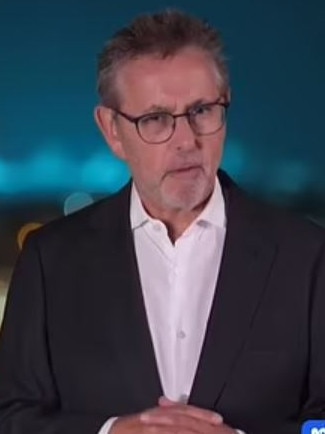
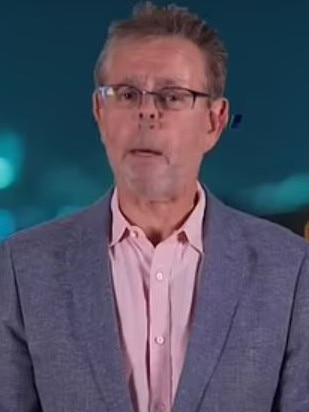
Upon closer inspection, the AI-generated version of Dr Swan had another set of nostrils.
At a glance, though, it’s hard to pick which is which – particularly if you don’t know the red flags to be aware of.
“Listeners, viewers, friends, colleagues and family started to contact me, all with roughly the same question, then and now: ‘Is this ad I’ve seen with you in it real? And should I buy the product?,” Dr Swan asked in a piece accompanying the 730 segment.
“What they had seen was a video or article, via Facebook or Instagram, which featured me flogging supplements or weight loss products purporting to treat heart disease, diabetes or obesity.
“I was often denigrating the medical profession and calling the prevailing scientific wisdom ‘stupid’.”
In the year-and-a-half since, he said, the videos have become “much more sophisticated” – in other words, more convincing – and were appearing at a greater rate.
UNSW School of Computer Science and Engineering’s Sanjay Jha told 7.30 the videos required little more than a laptop, internet connection, and “access to some free or paid software” to recreate Dr Swan’s voice and likeness.
“Fake Norman is currently out there spruiking four unproven products that I know of,” Dr Swan said.
Australians are estimated to have lost upwards of $2 billion to deepfake scams in the last 12 months alone, according to the Australian Competition and Consumer Commission’s (ACCC) National Anti-Scam Centre.
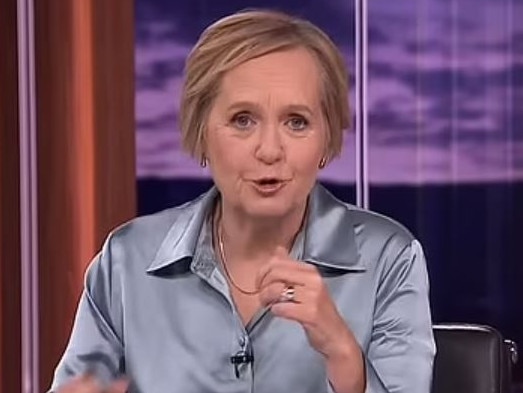
Director of security policy and global head of counter fraud at Facebook-owner Meta, Nathaniel Gleicher, told the program that such videos present the social media behemoth with a significant challenge.
Though Meta removed more than a billion fake accounts, 99.7 per cent “before anyone noticed them”, that 0.3 per cent miss rate means thousands of scams are still falling through the cracks, targeting vulnerable people.
“One of the real challenges is that these scams abuse multiple systems,” Mr Gleicher said.
“The scammer starts by creating a fake bank account to receive the money – they often need a warehouse to store the actual products that they might be shipping, (then) they will move people to a website on the open internet, and then, obviously, they’re using an instant payment system.
“To counter this, you really need each of these communities working together.”
More Coverage
Originally published as ‘Struggled to recognise me’: ABC host tricked by reporter’s ‘convincing’ deepfake



